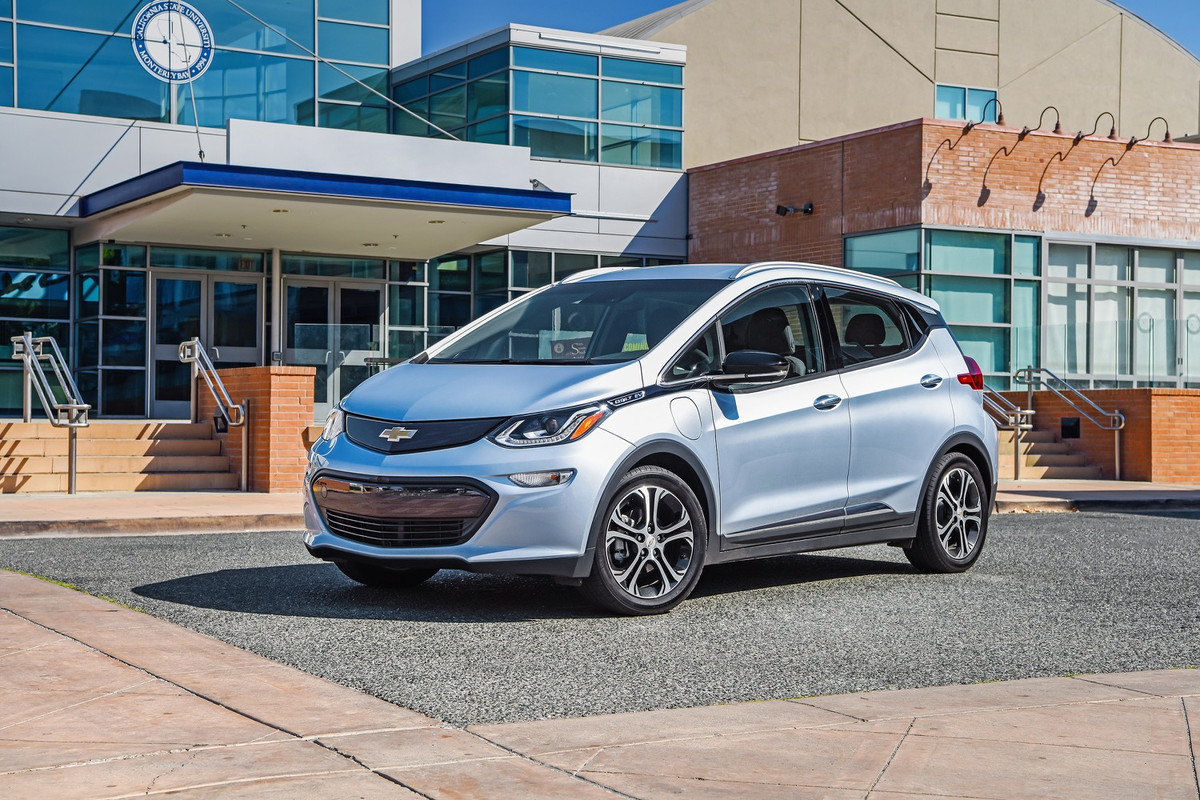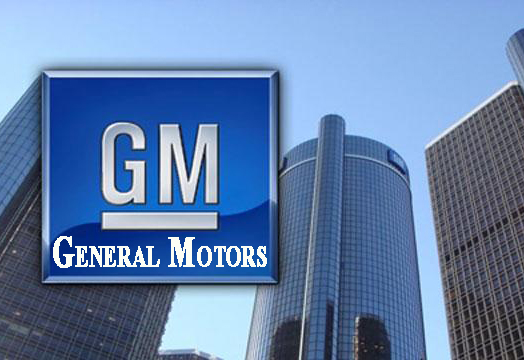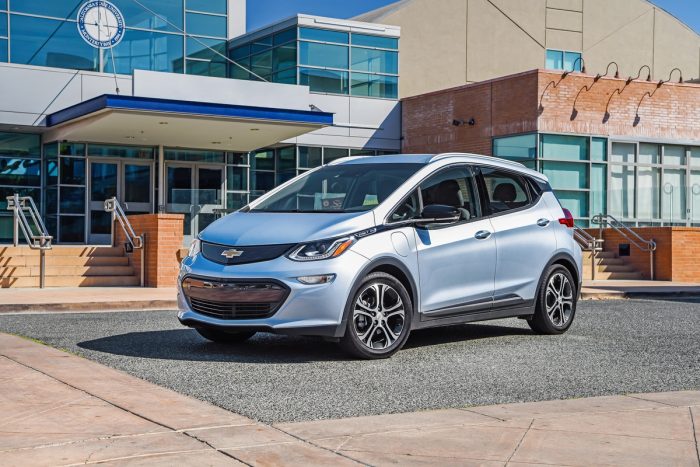Now Reading: General Motors shall lose $9,000 on each Chevrolet Bolt it sells
-
01
General Motors shall lose $9,000 on each Chevrolet Bolt it sells
General Motors shall lose $9,000 on each Chevrolet Bolt it sells

When Chevrolet released the first Volt, for instance, Reuters reported the automaker lost huge amounts on each car it offered. And if a report from Bloomberg is appropriate, the Volt’s brand-new zero-emissions stablemate, the Chevrolet Bolt EV, is experiencing a similar issue.
Pointing out confidential sources knowledgeable about the matter, Bloomberg is declaring Chevy might lose $8,000 to $9,000 on every Bolt, based upon the automobile’s $37,500 starting rate. While taking a loss on any item is certainly a bitter pill for a business to swallow, in the automobile market, it’s merely an expense of doing business in a few of the biggest members of the United States, such as California and New York. And it’s something that Bob Lutz discussed for the Volt back in 2008.
The governments in these states require a portion of a car manufacturer’s sales made from zero-emissions items– striking those portions while offering EVs at a loss is much better than not being permitted to offer its products in a few of the United States’ biggest markets. However even if straight ZEV profits remain in the red, there’s a path for car manufacturers like General Motors to make revenue– zero-emissions “credits”.
California asks car manufacturers have ZEV credits comparable to 14 percent of its overall automobiles sales– obtaining Bloomberg’s example, that suggests General Motors requires 30,794 credits, or 14 percent of the 219,000 automobiles it sold in 2015. If a car manufacturer cannot strike the 14-percent figure, it can purchase additional credits from firms with bonus. In the Bolt’s case, each automobile nets the General 4 credits, which suggests 7,700 sales shall meet California’s demand. That’s especially great news for GM, which purchased less credits than other car manufacturer in 2015. If the Bolt succeeds, it might not just press the automaker past the point of needing to buy excess credits, it might result in extras. However spreadsheets alone cannot describe the Bolt’s significance.
The chief marketing officer of the brand, Tim Mahoney, informed that the Bolt is “a declaration about exactly what we can do for the Chevrolet brand.” Its 238-mile variety and $30,000 starting rate (after $7,500 tax credit) brings a range-to-dollar ratio the similarity which the marketplace has never ever seen.
It’s likewise worth keeping in mind that losses on the Bolt are far less than the doubtful $49,000 per-vehicle loss Reuters reported on in 2012. That pattern might continue, Bloomberg reports, as battery innovation costs continue to drop, America’s charging facilities grows, and the need for EVs broadens to significant international markets such as China.
Stay Informed With the Latest & Most Important News
Previous Post
Next Post
-
 01Polestar Boss Says It’s Time To Outrun BMW M And Mercedes-AMG
01Polestar Boss Says It’s Time To Outrun BMW M And Mercedes-AMG -
 02Spy Shots: 2027 Mitsubishi Pajero Spotted in Testing Ahead of Possible U.S. Return
02Spy Shots: 2027 Mitsubishi Pajero Spotted in Testing Ahead of Possible U.S. Return -
 032026 Toyota Hilux EV: A Powerful Truck with Silent Torque
032026 Toyota Hilux EV: A Powerful Truck with Silent Torque -
![2027 Mercedes-Benz S-Class Debuts with V8 Engine [Photo Gallery]](https://speedlux.com/wp-content/uploads/2026/01/2027-Mercedes-Benz-S-Class-33-155x125.jpg) 042027 Mercedes-Benz S-Class Debuts with V8 Engine [Photo Gallery]
042027 Mercedes-Benz S-Class Debuts with V8 Engine [Photo Gallery] -
 052026 Corvette ZR1 Production Surges Past Expectations as Output Clears 1,000 Units
052026 Corvette ZR1 Production Surges Past Expectations as Output Clears 1,000 Units -
 06Spy Photos: VW ID. Polo GTI Goes Electric with 223 HP and 280 Miles of Range
06Spy Photos: VW ID. Polo GTI Goes Electric with 223 HP and 280 Miles of Range -
 07Hyundai Palisade’s Breakout Year Shows How Quickly the Market Can Turn
07Hyundai Palisade’s Breakout Year Shows How Quickly the Market Can Turn



![2027 Mercedes-Benz S-Class Debuts with V8 Engine [Photo Gallery]](https://speedlux.com/wp-content/uploads/2026/01/2027-Mercedes-Benz-S-Class-33-700x394.jpg)












































